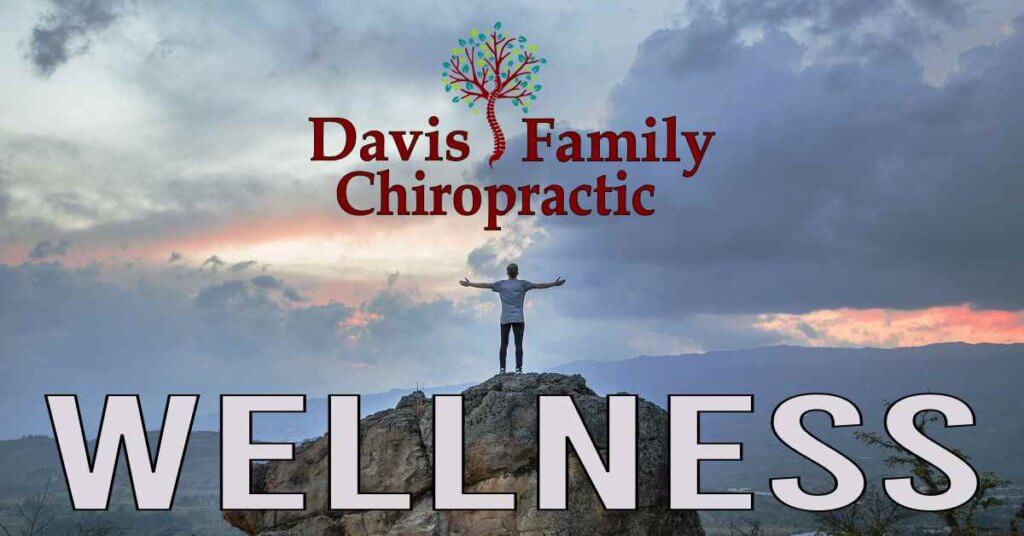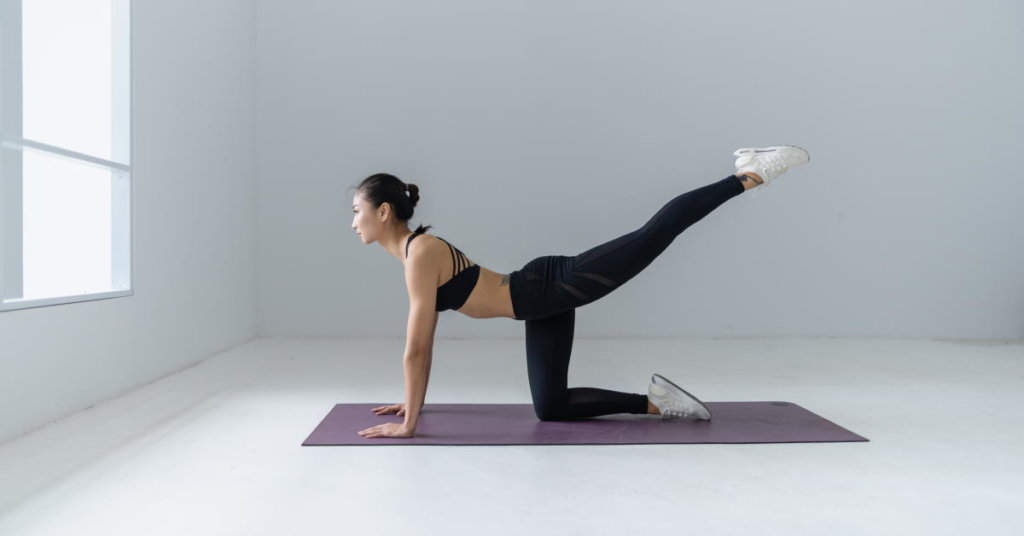You know the way you feel after a great massage? Deep relaxation sets in and your stresses melt away. We can be left feeling like we’re floating on air. Sure, it’s a great feeling, but do you know what’s really happening in your body during a therapeutic massage? Our body’s nervous system reacts to touch and releases hormones that are beneficial to our overall mood. Let’s take a look at the science behind how a massage affects your mood.
Your Nervous System
The nervous system’s main object in our body is to relay messages from the brain to the other parts of our body. It has two main parts: the central nervous system and the peripheral nervous system. The central nervous system consists of your brain and spinal cord while the peripheral nervous system is the nerves that connect these with all parts of your body. A massage, through touch, affects your peripheral nerves and your nerves then send certain messages to your brain through the spinal cord.
A Closer Look in Our Peripheral Nerves
We divide the peripheral nervous system into two main parts: somatic and autonomic. The somatic nervous system controls our conscious body (all those things we do voluntarily like nodding our head or jumping up and down). The autonomic nervous system controls our body’s unconscious or involuntary functions (like the functions of our glands and organs).
We can also divide the autonomic system further into two parts called sympathetic and parasympathetic. The two parts work in tandem to control the state of your body, referred to as homeostasis. While the sympathetic nervous system controls heart rate, breathing, and muscle contractions (fight-or-flight response) the parasympathetic nervous system works to relax muscles, slow breathing, and heart rate.
Stress
Your body will release hormones when it either physically or mentally encounters a stressor.
When danger presents itself, adrenaline and norepinephrine are hormones produced by the adrenal gland that spring into action, activating the flight-or-fight response. Both hormones increase your heart rate, blood pressure, and the flow of blood to the muscles.
This is great when you need to run from a tiger, but if your brain is constantly interpreting being late for work and fights with your partner as life threatening situations, you’ll probably just end up feeling anxious.
Massage helps activate the parasympathetic state by lowering adrenaline and norepinephrine levels in the body. These changes do not happen instantly but can take a period of several minutes to change your mood. This is in much the same way as catching your breath after running a 100-yard dash! It takes a minute to calm yourself down.
Massage appointments of at least one hour are recommended to fully gain the benefits of being in a relaxed state. Shorter appointments are needed when trying to resolve pain issues in one or a few areas of the body.
Let’s take a closer look now into how our parasympathetic nervous system works to control and relax our body.
The parasympathetic nervous system uses hormones called serotonin and dopamine.
Serotonin is a neurotransmitter that helps regulate mood, appetite and digestion. Synthesized in the brain and the intestines, it is theorized that low serotonin levels contribute to depression and anxiety.
Dopamine is associated with the reward centers of the brain. It’s the neurotransmitter that makes you feel giddy when you fall in love, positive when you complete a task, and is the chemical activated by many drugs, leading to addiction. Low dopamine levels are associated with a lack of motivation, low energy, and the inability to focus.
There are several studies indicating that serotonin and dopamine may be increased by up to 30% during theraputic massage (https://www.ncbi.nlm.nih.gov/pubmed/16162447). Massage has the power to balance your mood, relax, and make you more focused and productive.
There are also endorphins and oxytocin released in your body during a massage, however, the amount is still being studied and we have no conclusive answers as of the writing of this article.
Endorphins are your body’s natural narcotic (closely related to opiate drugs such as morphine). Endorphins are normally released in response to pain or stress, but can also be released during exercise, laughter, and massage. Endorphins in your body give you a natural high and make you feel great.
Oxytocin may also be released as the result of massage. In fact, something as little as a simple touch can trigger the release of oxytocin in your body. It is nicknamed the “cuddle hormone” and invokes a bonding feeling among people. The simplest way to increase your oxytocin is to give someone a hug! Because of this, massage actually mutual benefits not only the massage patient but also the massage therapist! How cool!
Now that we know how massage can help with our pain and mental well-being there’s no reason to not schedule your next massage with our “best-in-the-county” licensed massage therapist today! Call us at (440) 624-4214 during normal business hours or schedule online right now!




